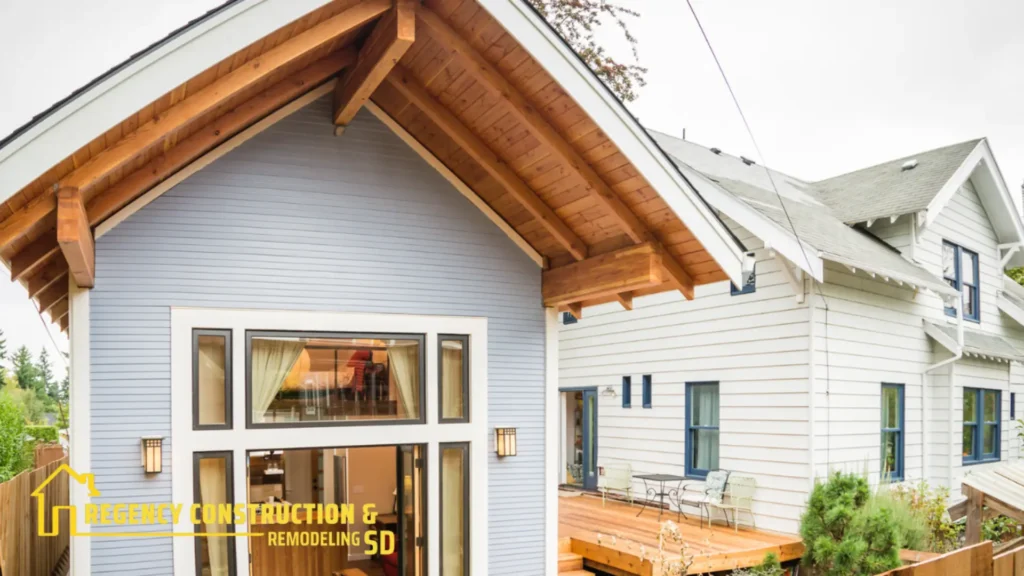Building an Accessory Dwelling Unit (ADU) is an excellent way to add value to your property, provide additional housing, or create a rental income opportunity. However, before breaking ground, it’s essential to understand the zoning laws and permit requirements in your area. Navigating these regulations is crucial to ensure your ADU project is both legal and efficient.
Zoning Laws: What You Need to Know
Zoning laws dictate where and how an ADU can be built on your property. These laws vary widely depending on your location, so it’s important to research the specific regulations in your city or county. Zoning laws typically address issues such as the size of the ADU, its proximity to property lines, and whether it can be used as a rental unit. Understanding these rules early in the planning process will help you avoid costly setbacks.
Permit Requirements for ADU Construction
Once you’ve reviewed the zoning laws, the next step is securing the necessary permits for your ADU. Permit requirements can include building permits, electrical permits, plumbing permits, and sometimes even environmental impact assessments. The permit process can be complex and time-consuming, but it’s an essential step to ensure that your ADU meets all safety and construction standards. Working with a knowledgeable contractor or architect can simplify this process and help you navigate the necessary approvals.
Common Challenges and How to Overcome Them
One of the most common challenges in ADU construction is ensuring that your project complies with both zoning laws and building codes. Missteps in either area can lead to delays, fines, or even the need to alter or demolish parts of your ADU. To avoid these issues, it’s advisable to consult with professionals who are experienced in local ADU regulations. They can provide guidance on meeting all legal requirements and help you troubleshoot potential problems before they arise.
The Benefits of Compliance
Adhering to zoning laws and securing the proper permits for your ADU has several long-term benefits. Not only does it ensure that your project is legal and safe, but it also increases the value of your property. A well-constructed, legally compliant ADU can be a significant selling point if you decide to sell your home in the future. Moreover, compliance with local laws protects you from potential legal disputes or issues with tenants.
LEARN MORE:
Top Benefits of Adding an ADU to Your Property
Maximizing Space: Key Design Tips for a Functional ADU

